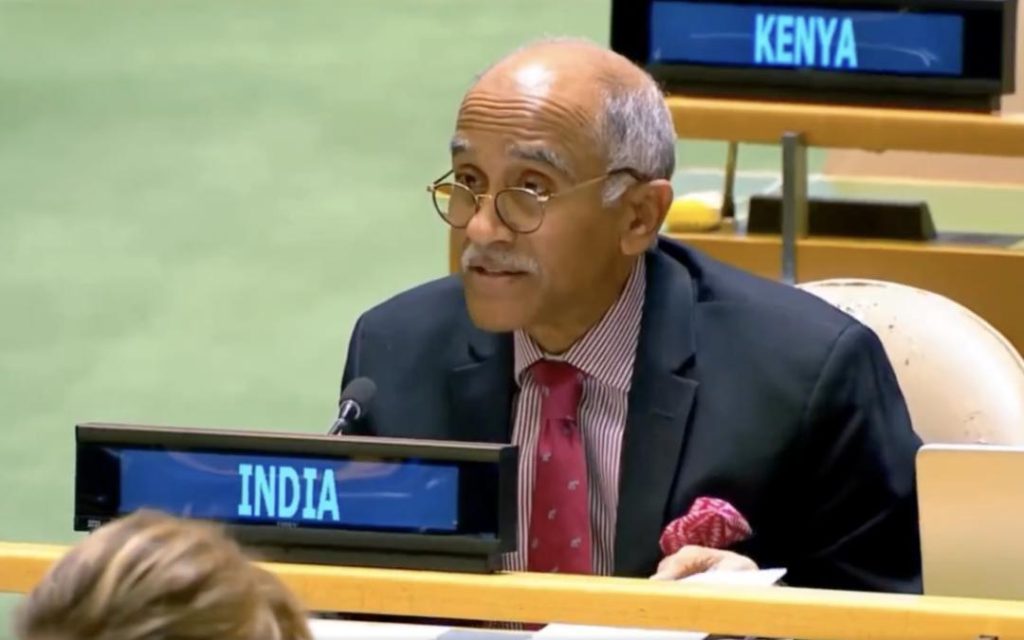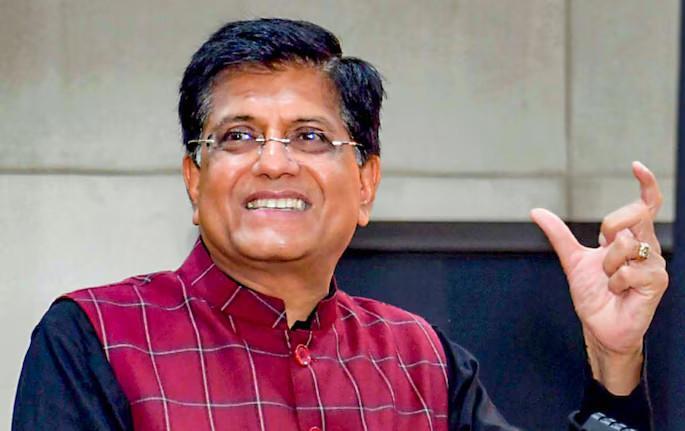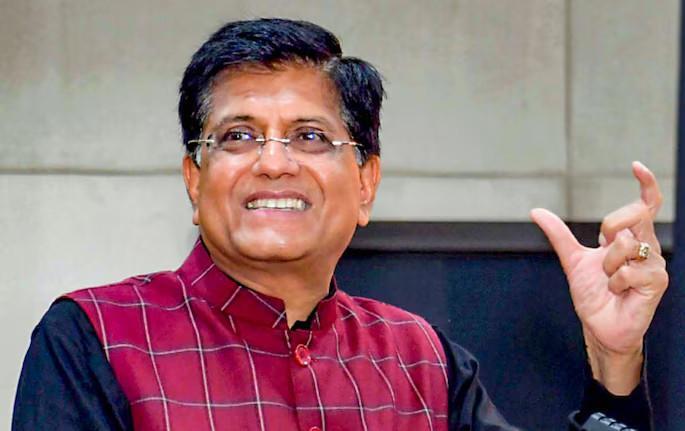
Pak’s Fanatical Mindset is Well Known: India on Pak’s Reference to J&K at UN
India’s Permanent Representative to the United Nations, Parvathaneni Harish, has expressed strong discontent over Pakistan’s reference to Jammu and Kashmir at the General Assembly. In a statement, Harish criticized the former Foreign Secretary of Pakistan, calling it “unjustified” and highlighting the “fanatical mindset” of the nation.
Pakistan’s persistent attempts to internationalize the Kashmir issue have been met with resistance from India, and Harish’s comments reflect the country’s frustration with Pakistan’s continued interference in its internal affairs. The reference made by Pakistan at the General Assembly was seen as an attempt to draw international attention to the issue, but India is adamant that it will not be swayed by such tactics.
Harish’s statement was made in response to Pakistan’s claim that the Kashmir issue is a “core” dispute between the two nations. Pakistan has long maintained that Kashmir is an internationally recognized dispute, and that the United Nations has a responsibility to intervene and resolve the issue. However, India has consistently maintained that the Kashmir issue is a bilateral matter, and that any resolution must be arrived at through direct dialogue between the Indian government and the government of Pakistan.
Pakistan’s reference to Jammu and Kashmir at the General Assembly was seen as an attempt to undermine India’s sovereignty and territorial integrity. India has made it clear that it will not tolerate any external interference in its internal affairs, and Harish’s statement reflects this sentiment.
“The fanatical mindset of this nation is well known,” Harish said, in a clear reference to Pakistan’s reputation for being a hotbed of extremism and terrorism. “Such frequent references will not validate Pakistan’s claim or justify its practice of cross-border terrorism.”
India has long accused Pakistan of supporting terrorist groups operating in Kashmir, and has repeatedly called on the international community to take action to prevent such groups from using Pakistani territory as a launchpad for attacks on Indian soil.
Pakistan’s claim that Kashmir is an internationally recognized dispute is unfounded, and India has consistently maintained that the issue is a bilateral matter. The United Nations has repeatedly expressed its willingness to facilitate a dialogue between India and Pakistan on the issue, but Pakistan has consistently refused to engage in any meaningful dialogue.
India’s stance on Kashmir is clear: the issue is an internal matter, and any resolution must be arrived at through direct dialogue between the Indian government and the government of Pakistan. India will not be swayed by Pakistan’s attempts to internationalize the issue, and will continue to resist any attempts to undermine its sovereignty and territorial integrity.
Pakistan’s reference to Jammu and Kashmir at the General Assembly was seen as a clear attempt to undermine India’s position, but India is not taking the bait. Harish’s statement reflects the country’s resolve to resist any external interference in its internal affairs, and to protect its sovereignty and territorial integrity.
In conclusion, India’s Permanent Representative to the United Nations has made it clear that Pakistan’s reference to Jammu and Kashmir at the General Assembly will not be tolerated. India will continue to resist any attempts to undermine its sovereignty and territorial integrity, and will not be swayed by Pakistan’s attempts to internationalize the issue.
Source: https://x.com/IndiaUNNewYork/status/1900591971250385143






